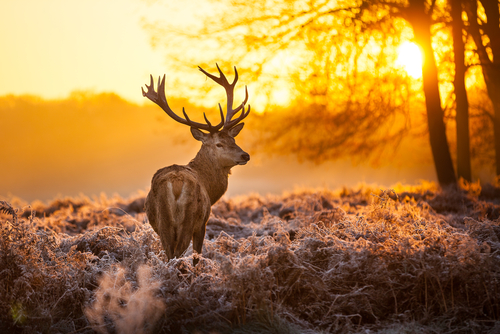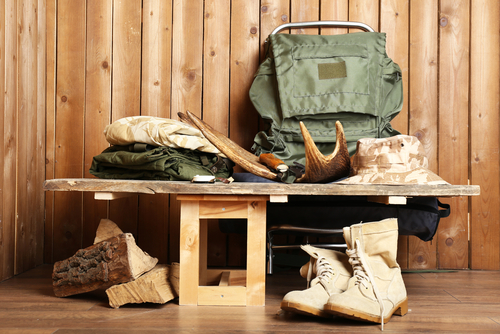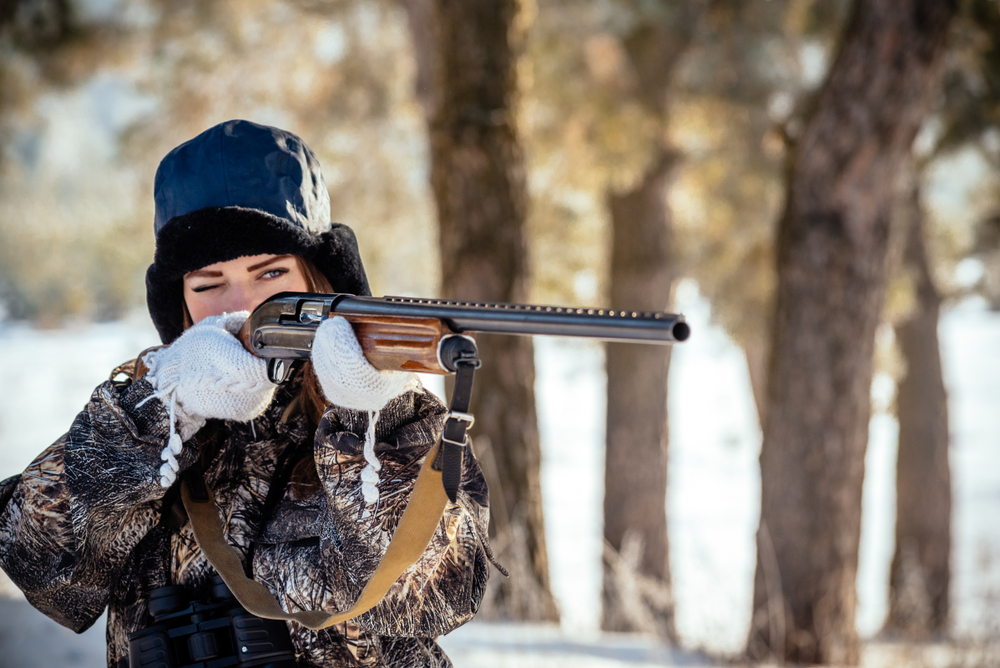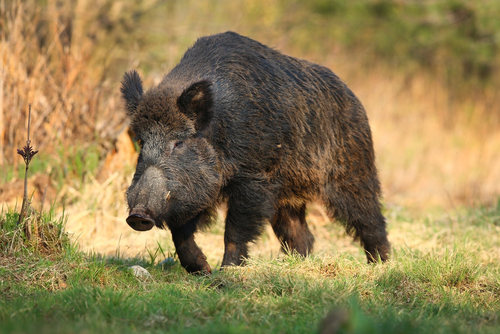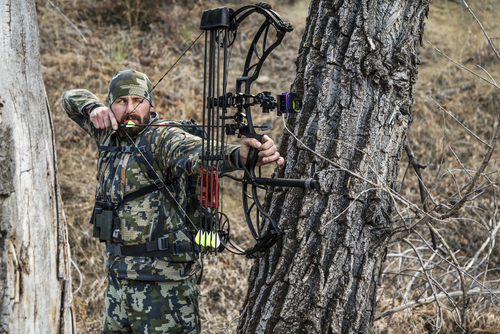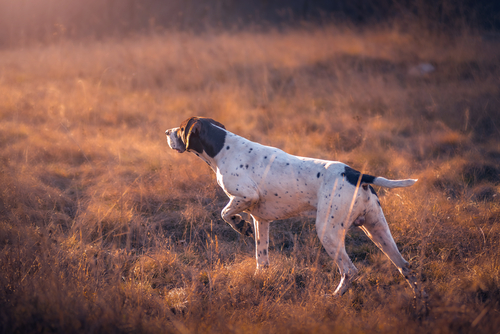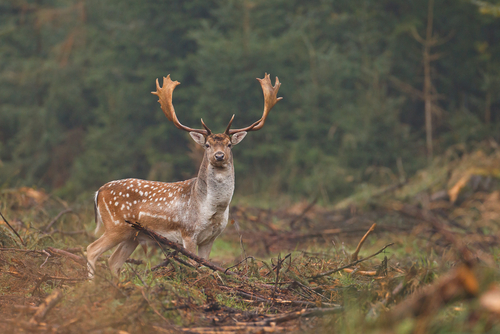As we enter the second month of 2024, it’s time to stop and check in on our New Year’s
Resolutions. No, we’re not talking about your weight loss goal, personal habits
improvement, or your promise to finally get the garage organized; we’re talking about
your goal to up your game and experience successful hunting in Texas!
Any seasoned hunter knows that the hunting season for most particular games never ends.
Rather, we just move from active hunt to active preparation. With that perspective in
mind, let’s discuss some excellent New Year’s resolutions for hunters.
1. Clean Your Weapons
Resolve to clean your hunting weapons after every hunt, whether you’ve been
successful or not. Clean inside and out, oil anywhere metal touches metal, and
use heavy metal remover every time you’ve fired your gun. If you took your gun
out in rain, snow, or mud, disassemble it and thoroughly clean it.
Following this routine will improve your accuracy, boost your self-discipline, and
ultimately make your costly gear last many years longer than it would if you
neglected it.
2. Organize Your Gear
You may not feel like spending a weekend organizing your hunting gear, but the
feeling of knowing you’re ready to take any opportunity to jump in your truck and
hit the hunting trails can’t be overstated. You don’t have to get ready if you stay
ready.
3. Practice Your Marksmanship
Can’t get out of town for a hunt but have a hankering for some sport? Take your
gun out and work on your marksmanship. Like any other skill, your aim is
only as good as the effort you are willing to invest into it.
4. Take a Friend Hunting
Remember when you first learned to hunt? Whether you learned from your
father, uncle, or a family friend, you are no doubt grateful for their lessons. You
wouldn’t be the hunter you are today without that series of introductions to the
sport.
This year, resolve to be someone else’s mentor. Pass along the knowledge and
heritage of hunters who brought this skill to you.
5. Cook up Some New Game Recipes
Unless the hunt is rough on you all year, you’re going to have some delicious
game to cook up before long. Instead of relying on the same old recipes and
techniques you’ve used for years, branch out a bit! The internet is a great
resource for tips and tricks to level up your game cooking skills.
Once you find a recipe (or three) you love, invite friends to share the meal(s). Nothing will give someone a positive perspective on hunting like enjoying flavorful meats the grocery store just can’t offer.
6. Plan a Hunting Trip
Of course, hunters deserve vacations, too! This year, we’d love to see you here at
Nine Bar Ranch. Take a look at the incredible packages we offer, choose the game
you are most interested in tackling, and then book the getaway of your dreams. We
can’t wait to hunt alongside you, and join you around the campfire after sunset.
Happy Hunting!

